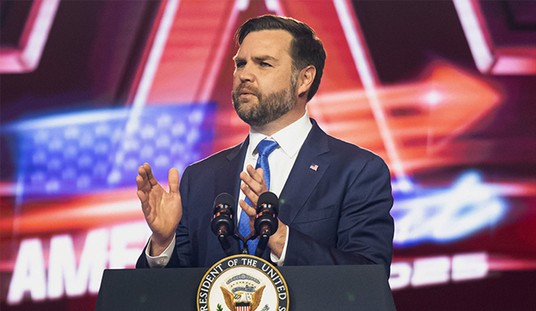A House Republican from a heavily military district warned the Obama administration to not treat Congress like a “potted plant” in any decision to take action against Bashar al-Assad’s regime.
Rep. Scott Rigell (R-Va.) was behind an amendment added to the defense reauthorization bill that passed the House in June stressing the president’s responsibility to abide by the War Powers Resolution. “The precedence set by the Executive Branch in its assertion that Congress plays no role in military actions like those taken in Libya is contrary to the intent of the Framers and of the Constitution which vests sole authority to declare war in the Legislative Branch,” the amendment stated.
Today, Rigell said the lessons of Libya need to apply to Syria.
“As the President considers next steps in Syria, I call on him to consult Congress as prescribed by the War Powers Resolution,” said Rigell, a member of the House Armed Services Committee. “Congress is not a potted plant in this process, and President Obama should call us back into emergency session before authorizing the use of any military force. We stand ready to share the burden of decisions made regarding U.S. involvement.”
Congress is out on recess until Sept. 9. Rigell was among the lawmakers, mostly from Virginia, who opposed taking the traditional August break with so many agenda items outstanding.
In 2011, Rigell called the president’s use of force in Libya “unconstitutional” and in violation of the War Powers Resolution of 1973. He was behind legislation last year that attempted to defund Operation Odyssey Dawn, the U.S. military intervention in Libya, under the contention that Obama violated the War Powers Resolution. That bill died in committee with no co-sponsors.
The congressman, a Marine Corps Reserve veteran whose district includes large military populations in Norfolk and Hampton, stressed that the U.S. employed nearly 1,000 pieces of ordinance, including Tomahawk cruise missiles and Joint Direct Attack Munition smart bombs, during the operation — bringing it to the level of requiring congressional authorization.
“It is not constitutional for any one person, including the Commander-in-Chief, to have the unilateral authority to engage U.S. forces when there is no direct threat to the United States,” Rigell said in June. “There has been a constant drift of constitutional interpretation in Washington, and that drift has only gone in one direction: elevating the authority of the Executive Branch.”
His amendment didn’t take a specific position on Syria.









Join the conversation as a VIP Member